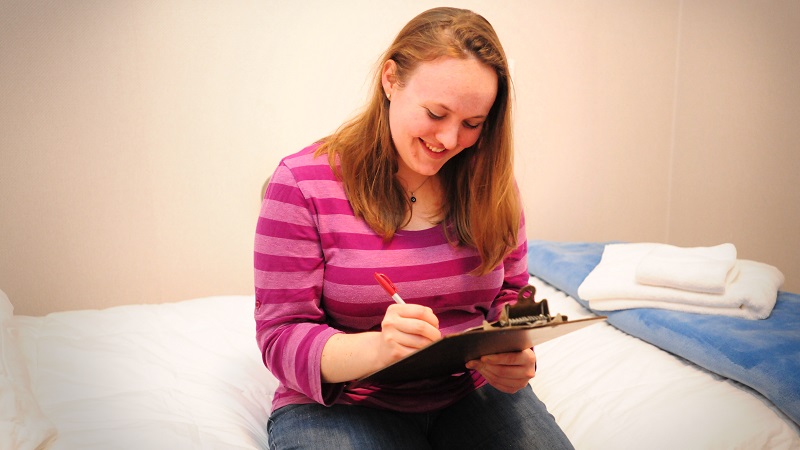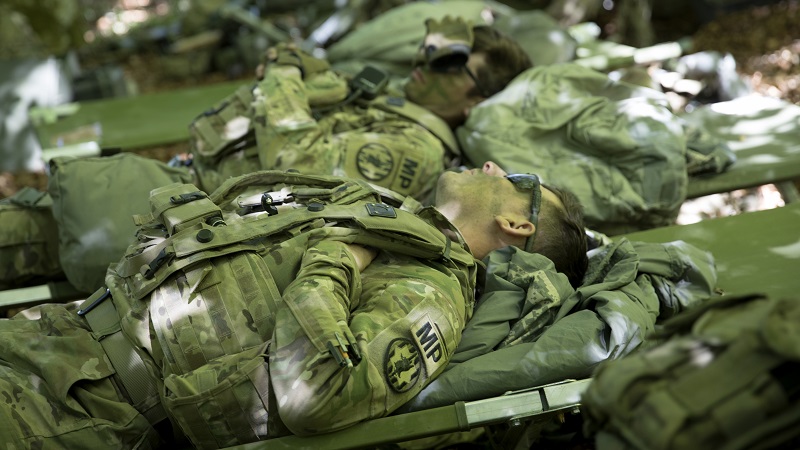 Are you interested in joining our research? Healthy volunteers are need for sleep studies! You will be compensated for your time and participation. Are you interested in joining our research? Healthy volunteers are need for sleep studies! You will be compensated for your time and participation.
Join a Sleep Study! |
Performance Assessment and Chemical Evaluation
 The Behavioral Biology branch’s Performance Assessment and Chemical Evaluation (PACE) lab identifies neurobiological targets and pharmacological compounds that effectively promote behavioral, physiological, and emotional recovery from traumatic stress exposure. The Behavioral Biology branch’s Performance Assessment and Chemical Evaluation (PACE) lab identifies neurobiological targets and pharmacological compounds that effectively promote behavioral, physiological, and emotional recovery from traumatic stress exposure. |
Sleep and Performance
 In order to optimize Soldier health and performance by minimizing the negative effects of operational sleep loss, WRAIR conducts sleep restriction and deprivation studies and evaluates countermeasures such as sleep banking. In order to optimize Soldier health and performance by minimizing the negative effects of operational sleep loss, WRAIR conducts sleep restriction and deprivation studies and evaluates countermeasures such as sleep banking. |